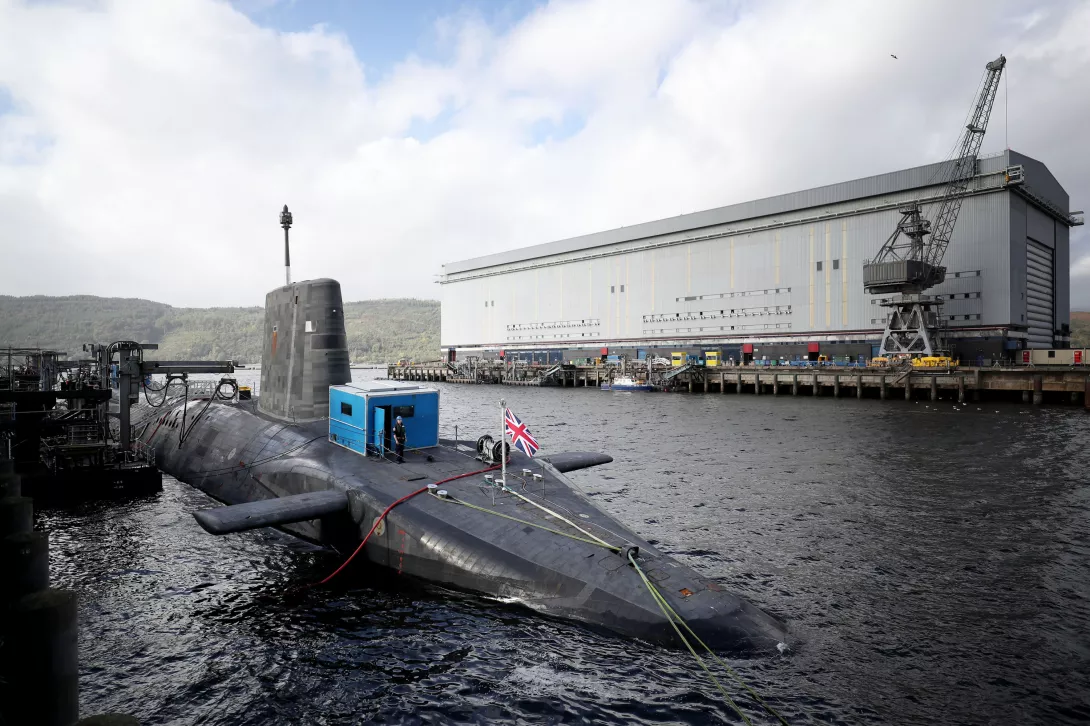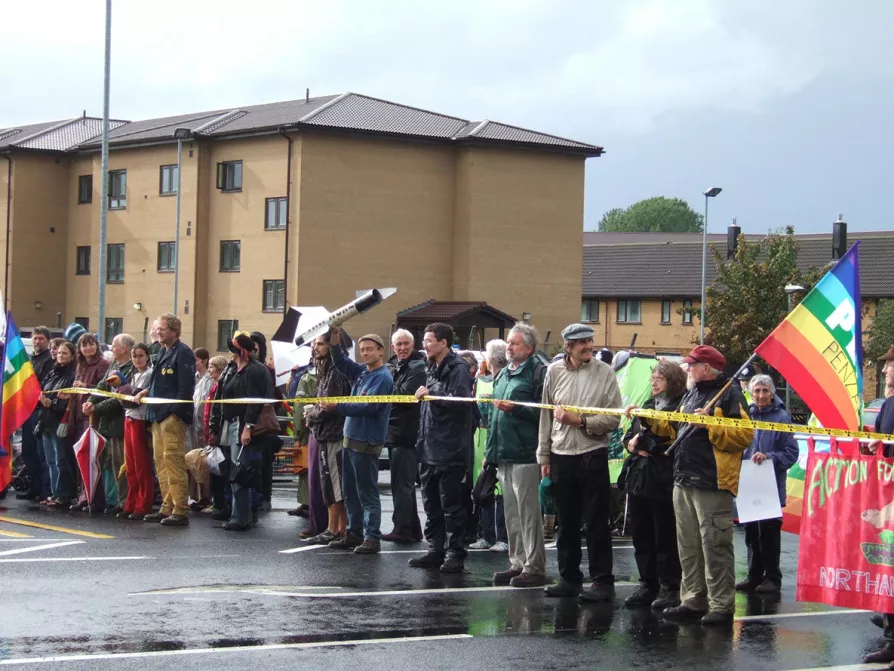VIJAY PRASHAD examines why in 2018 Washington started to take an increasingly belligerent stance towards ‘near peer rivals’ – Russa and China – with far-reaching geopolitical effects
Two decades of fighting for peace
In a farewell interview with Ben Chacko, outgoing CND general secretary KATE HUDSON reflects on 21 years of leading Britain’s peace movement, tracing the evolution of global threats and peace activism from the cold war to today
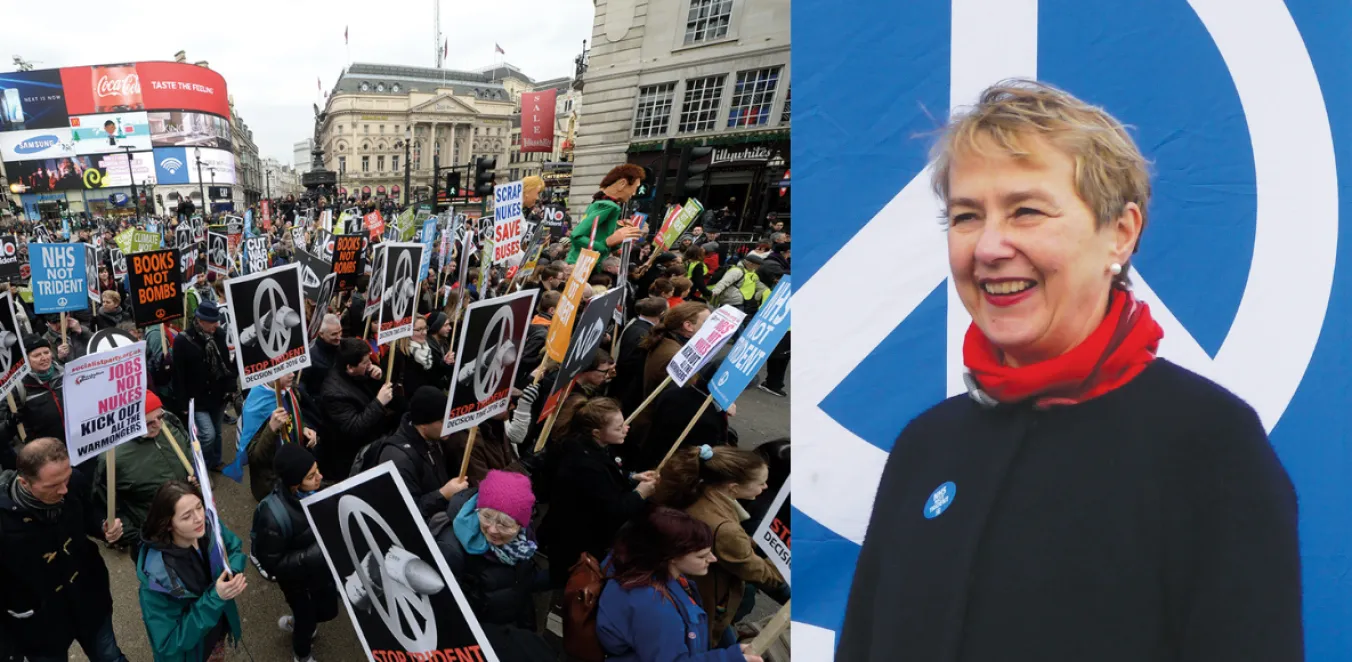
KATE HUDSON, who has led the Campaign for Nuclear Disarmament (CND) for 21 years, retired yesterday.
Yet its mobilisation today in protest at the return of US nuclear weapons to the Lakenheath air base in Suffolk has echoes of her earliest days in peace activism, when she and so many others mobilised against the deployment of US cruise missiles in the early 1980s.
“With hundreds of thousands of others, I became involved in the demonstrations at that time, as well as the women’s mobilisations at Greenham Common,” she tells the Morning Star. The power of protest worked: “Eventually, the cruise missiles were kicked out.
More from this author
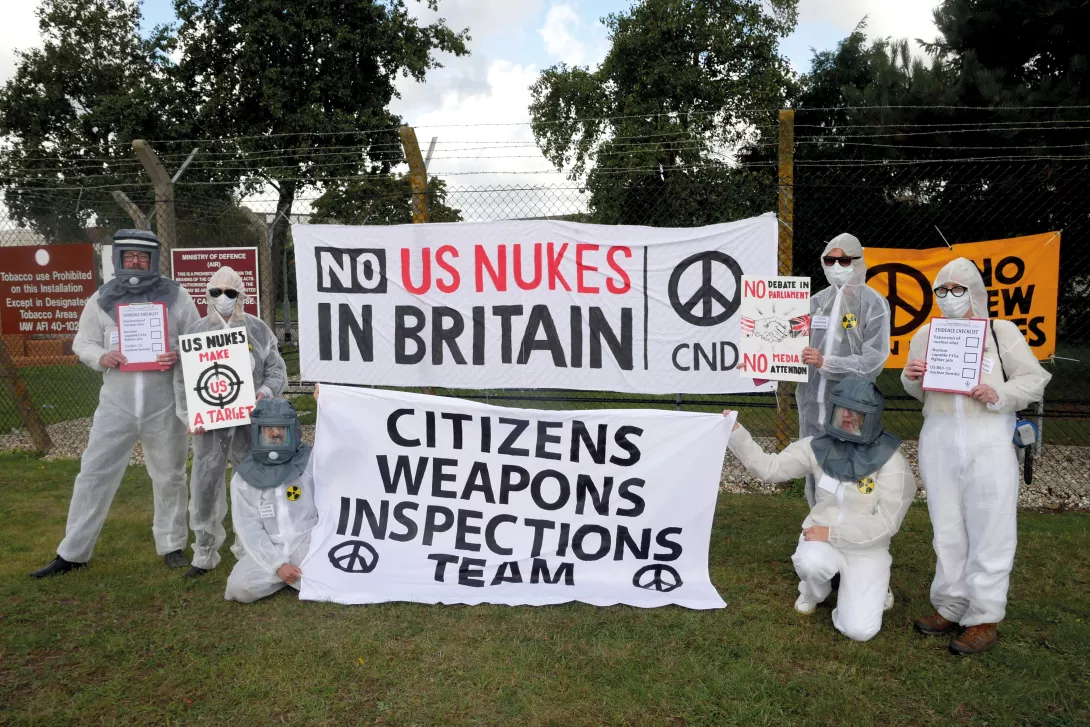
Speaking to Ben Chacko, CND’s new leader SOPHIE BOLT outlines her organisation’s ambitious plans, from peace camps to base blockades to mass mobilisation, to fight the rising nuclear madness our politicians ignore
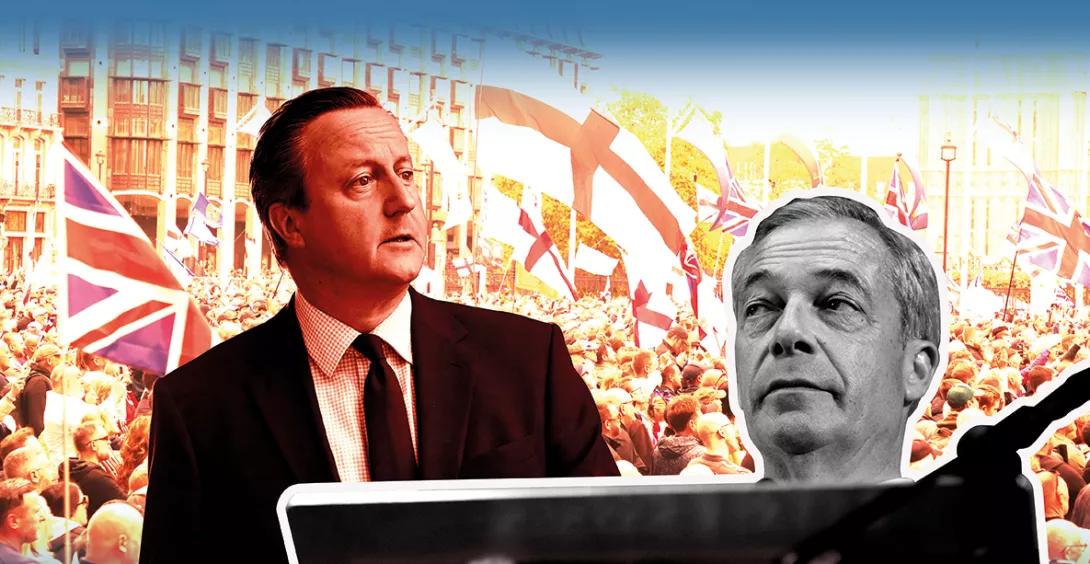
We don’t need to peer into shadowy, secretive corners for extremist politics here in Britain — it is growing openly in the mainstream of the Tory Party, and without meaningful left opposition, things will only get worse, warns BEN CHACKO
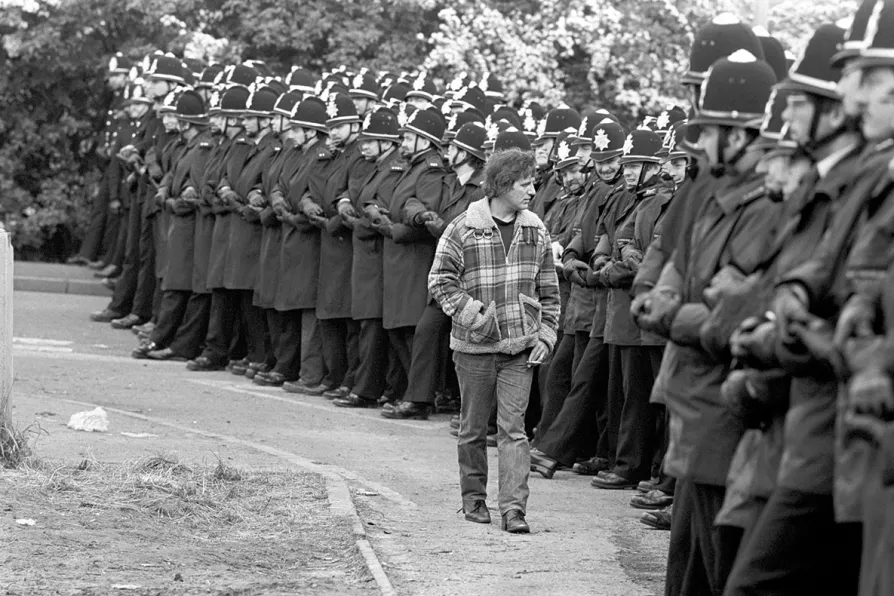
In a major conference this weekend, the Morning Star will bring together veterans of the great strike with leading organisers of today’s left and labour movement to chart the path forward, writes BEN CHACKO
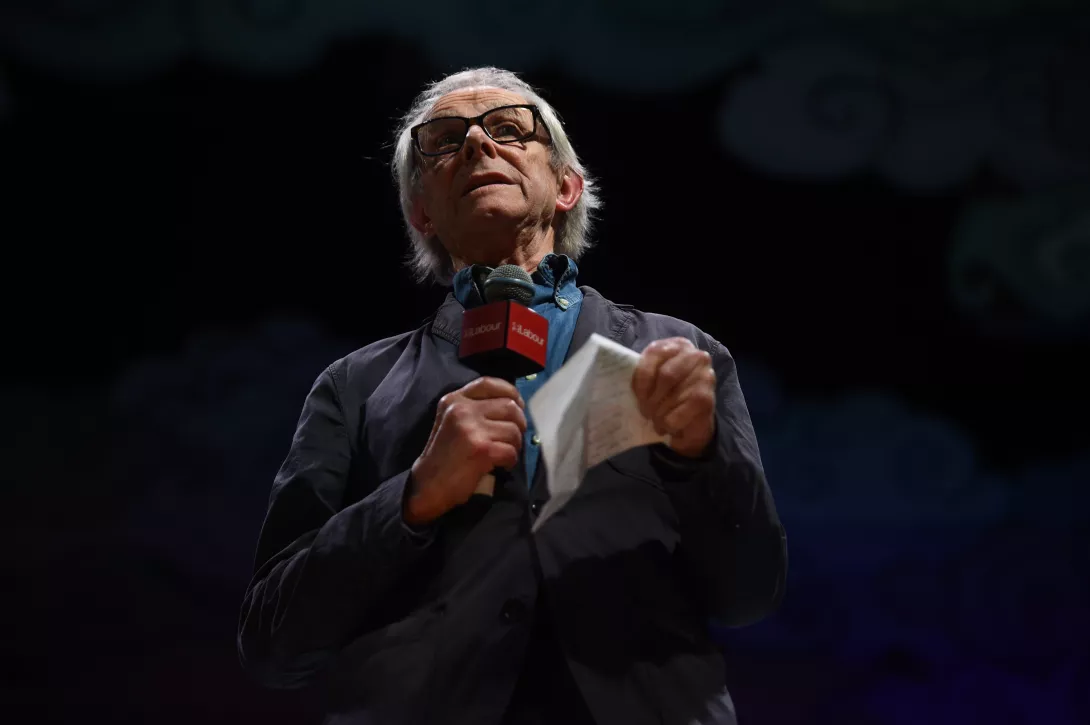
Morning Star editor Ben Chacko speaks to one of Britain’s greatest living directors — and one of the biggest names to be expelled from Labour in the recent purges — about what the socialist left does next in the Starmer era
Similar stories

Speaking to Ben Chacko, CND’s new leader SOPHIE BOLT outlines her organisation’s ambitious plans, from peace camps to base blockades to mass mobilisation, to fight the rising nuclear madness our politicians ignore
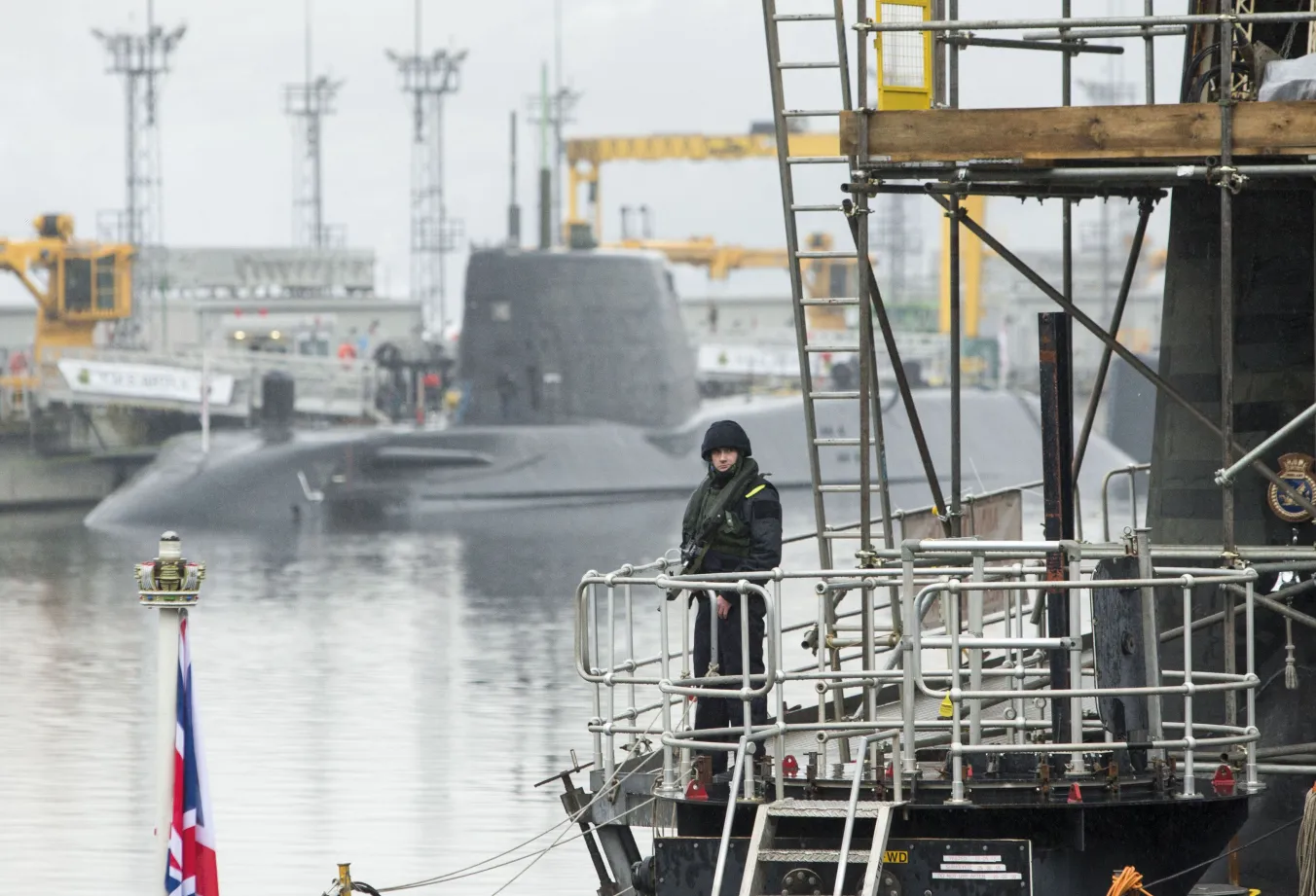
Overcoming US global dominance is key: the Star publishes a speech from SOPHIE BOLT, from Saturday’s CND World We Want conference










